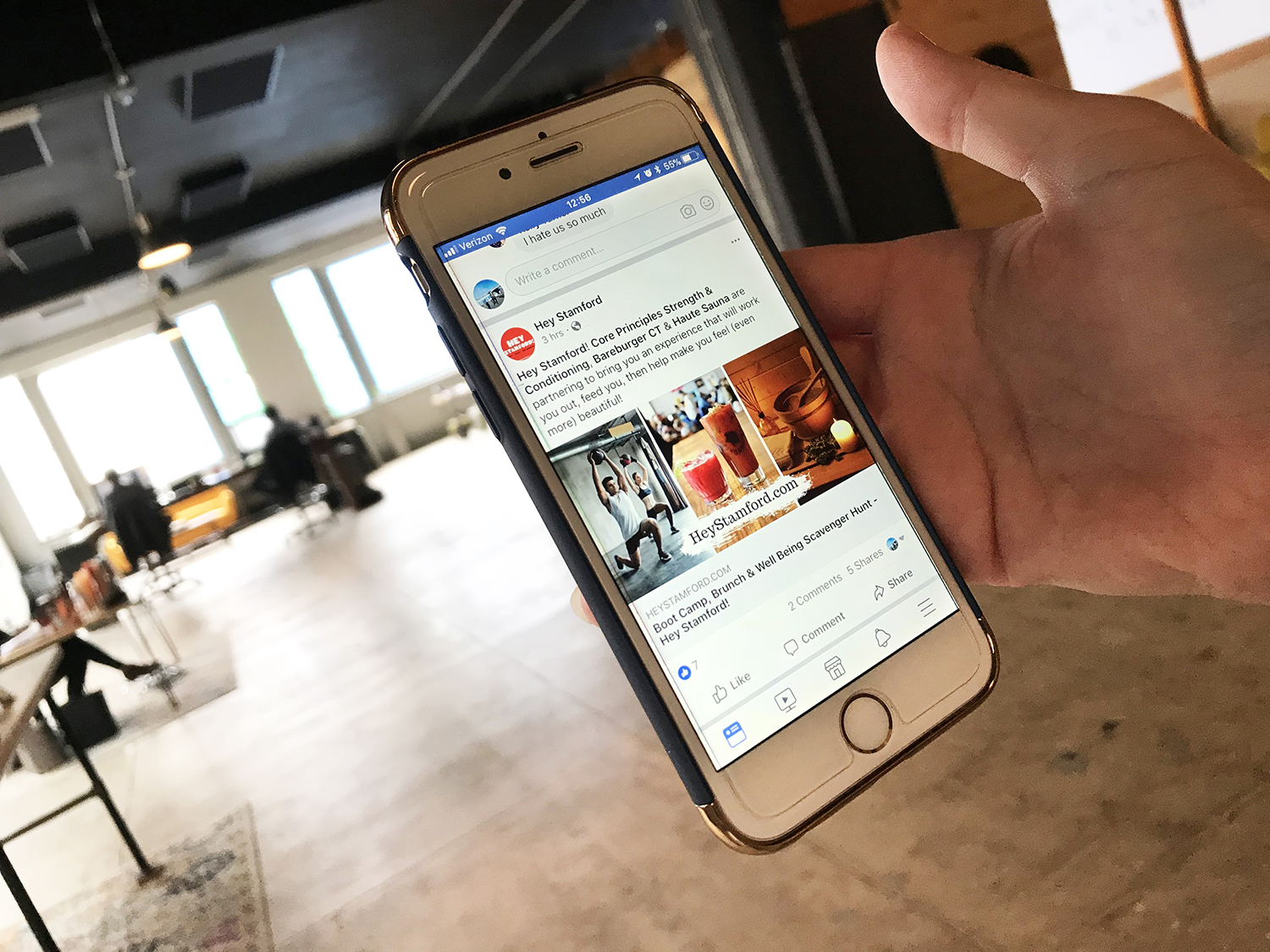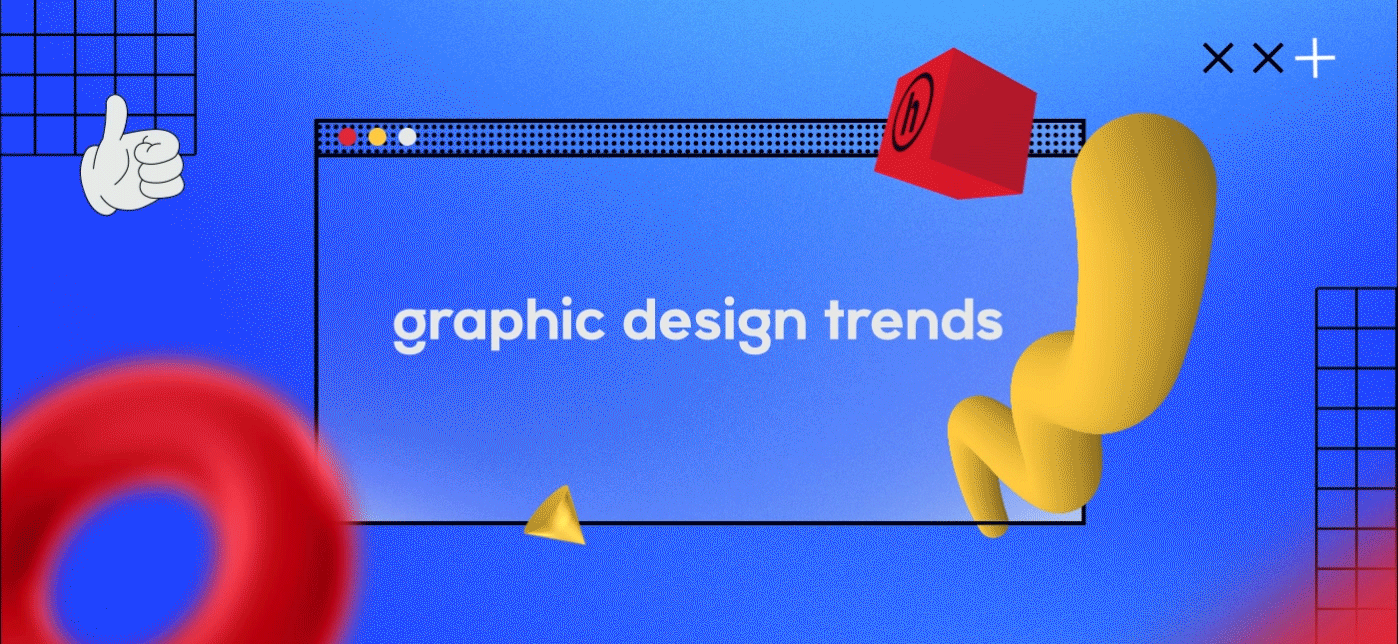Facebook has announced its latest update—and it’s a big one.
News feeds will now show more posts from friends and family, and fewer from brands and businesses. This is a move that founder and CEO Mark Zuckerberg says will encourage interaction, engagement, and more ‘personal moments.’
Here are some excerpts from his Facebook post on the change:
“We built Facebook to help people stay connected and bring us closer together with the people that matter to us. That’s why we’ve always put friends and family at the core of the experience. Research shows that strengthening our relationships improves our well-being and happiness.”
Zuckerberg goes on to say that while many things that appear on your news feed may be entertaining, they aren’t contributing to your happiness or well-being, something he believes will be bolstered with more person-to-person interactions.
Facebook’s goal is to reduce passive engagement, such as watching a few seconds of a video or skimming through an article and then moving on to the next post. Instead, it hopes to increase likes and comments on personal posts, returning Facebook to the era of 2009-2012, when news feeds were primarily populated by posts from friends.
“…while many things that come up on your news feed may be entertaining, they aren’t contributing to your happiness or well-being.”
And while that all sounds warm and fuzzy, this will have a colossal impact on brands and businesses that rely on the social media platform for organic marketing and customer outreach.
Facebook’s change will force followers to go directly to a business’ page on their own accord, as it will no longer automatically show up in their news feed. To many businesses, this seems like a portent of doom—because honestly, how many people will actually click to their pages unprompted?
Brand pages will also be severely affected. Posts from popular pages like Buzzfeed will no longer show you Tasty videos, and CNN won’t routinely show you that day’s news. Instead, followers will need to visit these individual pages and search out what they want, or find an alternative source of information.
Ironically, Zuckerberg actively anticipates a drop in total time spent on Facebook: “By making these changes, I expect the time people spend on Facebook and some measures of engagement will go down. But I also expect the time you do spend on Facebook will be more valuable.”
This change is a next step in the attempts to dispel the Facebook ‘bubble of fake news’— where people are only shown news and opinions that already support their beliefs—by eliminating the news from your feed altogether. But, many brands stand to be severely (or fatally) impacted, especially those like Upworthy, Diply, UNILAD, and Buzzfeed, who rely heavily on Facebook for social traffic.
Not surprisingly, sponsored posts or paid ads don’t stand to be disturbed, so brands will always have the option to pay for traffic. This means that your news feed will still be chock-full of sponsored content.
At first glance, this change comes across as positive and human-connection affirming. But on further inspection, it starts to seem high-handed, unnecessary, and money-hungry.
The Facebook news feed has naturally evolved over the years to reflect what people desire from their social media—a mix of personal posts from people they care about, up-to-date news and entertainment, and light visual content. Thousands of users report depending on Facebook as a primary news source (over 67% of Americans), and to remove this as an option seems detrimental to Facebook as a brand.
This also demonstrates to users that they really have no control over what they see on their feeds. It’s a grim reminder that Black Mirror isn’t as much of an alternate reality as we’d like to think.
It will be interesting to see the results of this adjustment—unfortunate loss of listicles and animal videos aside—and see how organizations adapt to yet another disruption in social media marketing.


